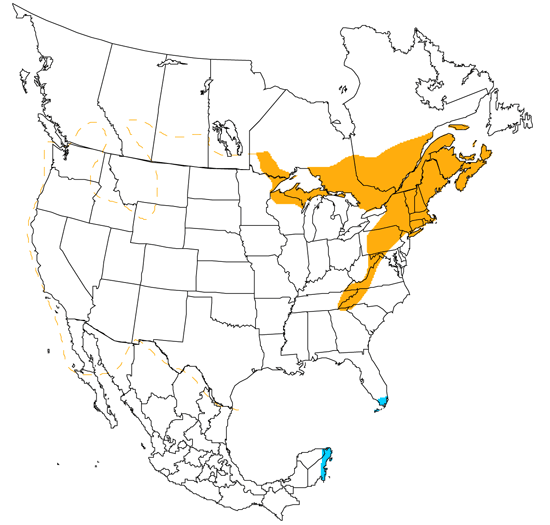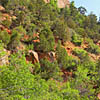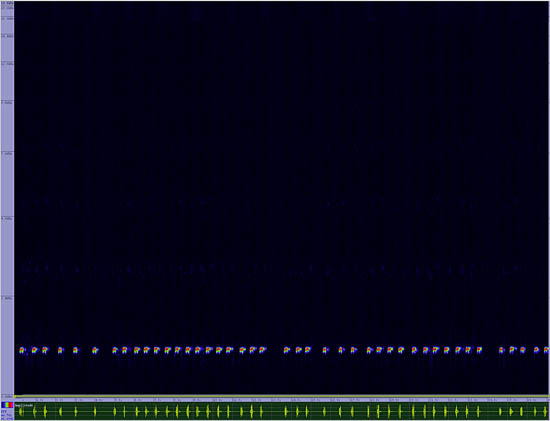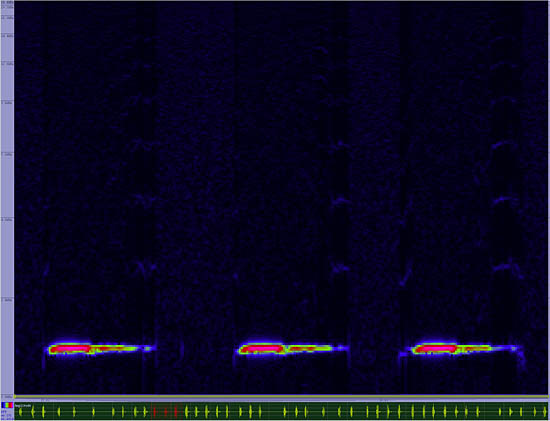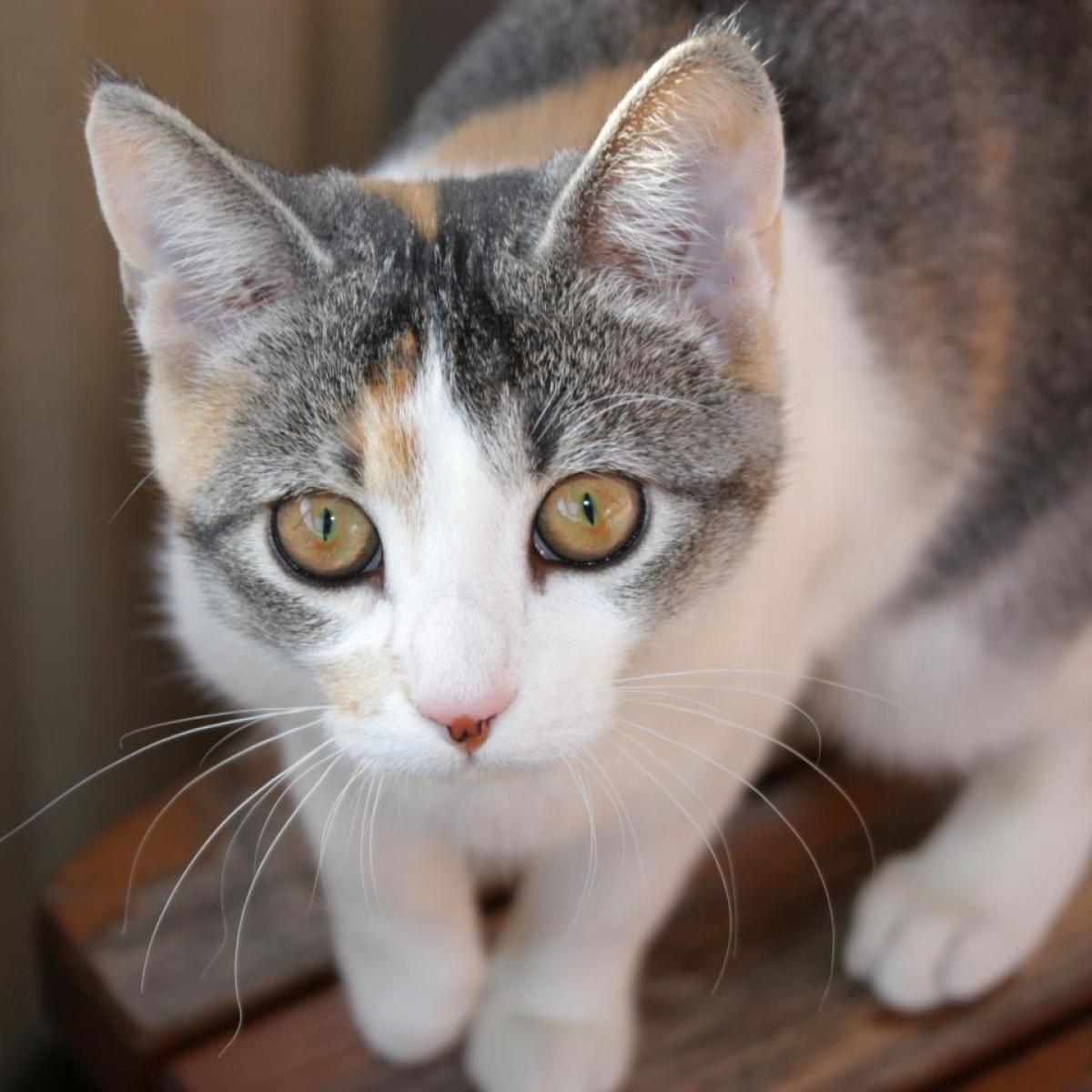Black-throated Blue Warbler
Dendroica caerulescens

Perching
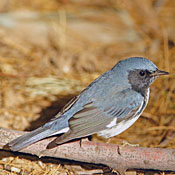
Length: 5 in. (13 cm )
A species typical of heavy undergrowth in mixed broad-leaf and coniferous forests, this warbler places its bulky and moss-lines nest in a dense tangle of vegetation low in a bush or coniferous tree. It feeds almost exclusively on insects found on leaves and bark in the summer. During Fall and Winter it includes a large amount of fruits and seeds in its diet.
The four-digit banding code is BTBW.
Bibliographic details:
- Article: Black-throated Blue Warbler
- Author(s): Dr. Biology
- Publisher: Arizona State University School of Life Sciences Ask A Biologist
- Site name: ASU - Ask A Biologist
- Date published:
- Date accessed:
- Link: https://askabiologist.asu.edu/activities/bird/black-throated-blue-warbler
APA Style
Dr. Biology. (). Black-throated Blue Warbler. ASU - Ask A Biologist. Retrieved from https://askabiologist.asu.edu/activities/bird/black-throated-blue-warbler
Chicago Manual of Style
Dr. Biology. "Black-throated Blue Warbler". ASU - Ask A Biologist. . https://askabiologist.asu.edu/activities/bird/black-throated-blue-warbler
Dr. Biology. "Black-throated Blue Warbler". ASU - Ask A Biologist. . ASU - Ask A Biologist, Web. https://askabiologist.asu.edu/activities/bird/black-throated-blue-warbler
MLA 2017 Style
Be Part of
Ask A Biologist
By volunteering, or simply sending us feedback on the site. Scientists, teachers, writers, illustrators, and translators are all important to the program. If you are interested in helping with the website we have a Volunteers page to get the process started.

